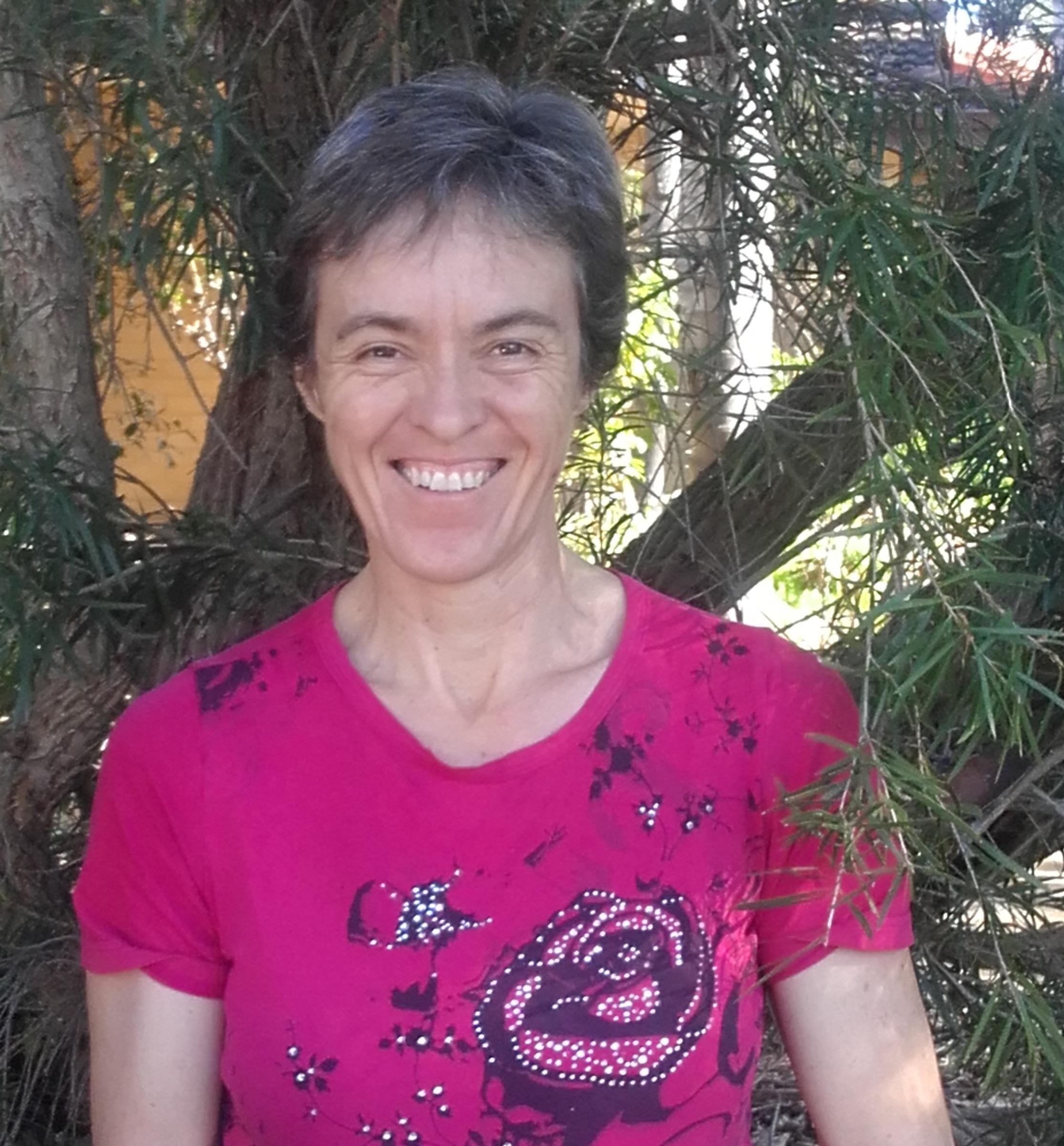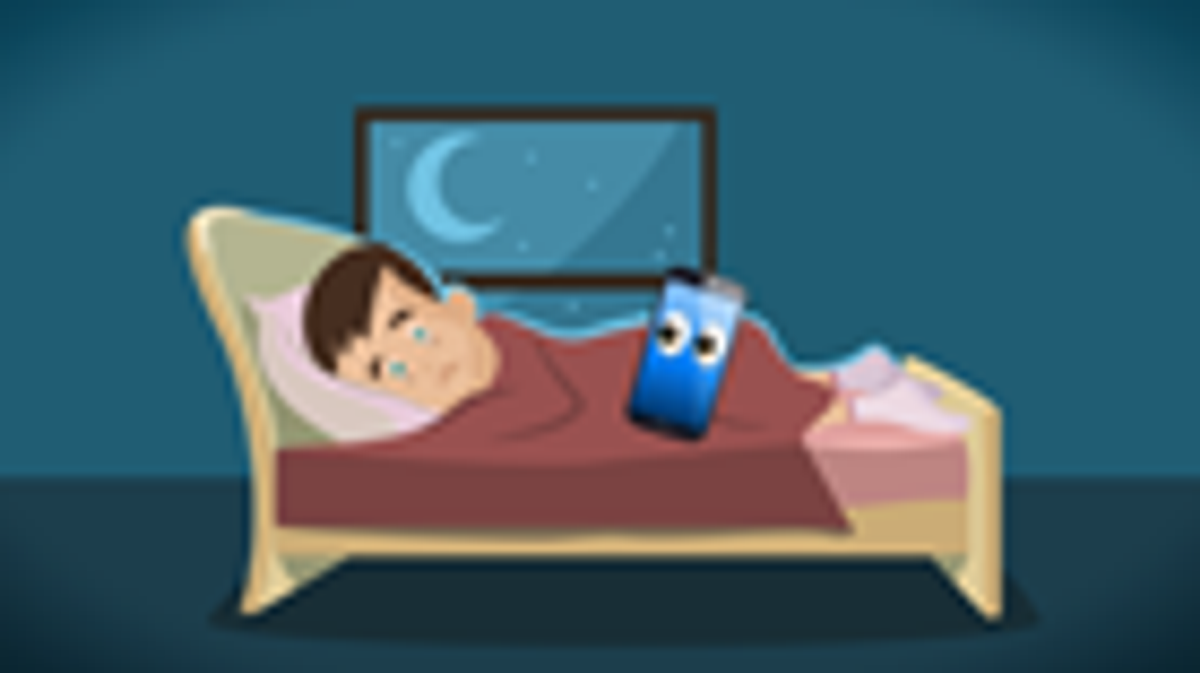A Word from Our Chaplain

Technology and Sleep
Children and adults routinely use electronic media to help them relax at night. Despite widespread recommendations to ‘switch off’, the majority of us would have to admit to using technology during the last hour before going to bed.
According to the Sleep Health Foundation (www.sleephealthfoundation.org.au) using technology at bedtime affects us by:
- Increasing our alertness. The short wavelength, the artificial blue light emitted by devices has the same effect as daylight- boosting attention, reaction time and mood. In addition, our production of the sleep-inducing hormone, melatonin, is reduced after as little as 1.5 hours of evening screen time. Furthermore, after only 5 nights of exposure to bright lights from mobile devices, a person’s natural body clock is delayed by 1.5 hours, making them want to go to bed later and sleep longer in the morning. (https://www.aastweb.org/blog/how-technology-impacts-sleep-quality).
- Stimulating our mind, making us less ready to sleep. Researchers propose that interactive technological activities (games, messaging and making posts, surfing the web) are more harmful to getting ready for sleep compared to passive activities (listening to music, reading an e-book, watching TV).
- People can become absorbed, and continue to use longer than planned. We have all fallen into the trap of just one more episode, one more level, one more text, or one more email.
So why is the quantity and quality of sleep so important?
- Deep sleep triggers the body to release the hormone that promotes normal growth in children and teens. This hormone also boosts muscle mass and helps repair cells and tissues in children, teens, and adults. Sleep also plays a role in puberty and fertility.
- Ongoing sleep deficiency leads to an increased risk of heart disease, kidney disease, high blood pressure and stroke.
- Sleep deficiency increases the risk of diabetes and obesity. In a recent study (https://www.ncbi.nlm.nih.gov/pmc/articles/PMC5669315/), the impact of bedtime electronic (computer, video games, mobile phone, TV) use and its impact on sleep quantity and quality and body max index (BMI) was investigated. The researchers found that children who used any device at bedtime and/or in the middle of the night had reduced quantity and quality of sleep. There was also a statistically significant association between bedtime technology use and elevated body mass index (BMI). Children with increased BMI were more likely to be diagnosed with ADHD and more likely to be diagnosed with anxiety and/or depression.
- Your immune system relies on sleep to stay healthy. Sleep deficiency may mean you have trouble fighting common infections.
- Sleep deficiency alters brain activity, resulting in trouble making decisions, solving problems, controlling emotions and coping with change. Sleep deficiency has also been linked to depression, suicide, and risk-taking behaviour.
- People who are sleep-deficient are less productive at work and school. They take longer to finish tasks, have a slower reaction time, and make more mistakes. Errors on the road or at work can cause large-scale damage to the community (https://www.nhlbi.nih.gov/health-topics/sleep-deprivation-and-deficiency).
So, apart from switching off, is there anything else we can do?
- Choose passive activities, rather than interactive activities.
- Reduce blue light exposure by:
- Dimming the screen as much as possible for evening use. If possible, invert the screen colour of an e-reader (white font on a black background).
- Wearing yellow light glasses, as these reduce the amount of blue-violet light that reaches the eyes. Optometry Australia is currently conducting a review of the literature in the field about the effectiveness of these glasses at reducing eye strain. (http://www.optometry.org.au/blog-news/2019/3/29/blue-light-guidance-on-the-way/).
- Downloading the free f.lux software program for PCs and laptops (https://justgetflux.com) to decrease the evening blue light emission by computer screens.
- Switching on the iPhone ‘night shift’ setting or the Samsung ‘blue light’ filter.
In summary, although the use of technology will continue to be a major part of 21st-century life, we should be aware that increased use may have repercussions. As parents, both for ourselves and our children (now and in the future), we are responsible for modelling and teaching ‘mindful’ and ‘protective’ use of technology, so that any harmful effects are minimized.
https://www.sleepfoundation.org/articles/why-electronics-may-stimulate-you-bed
https://www.sleephealthfoundation.org.au/technology-sleep.html
https://www.sleephealthfoundation.org.au/pdfs/facts/TechnologyandSleep-0416.pdf
Louise Lathbury
School Chaplain

